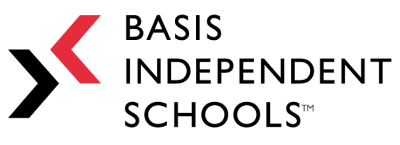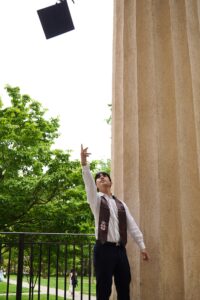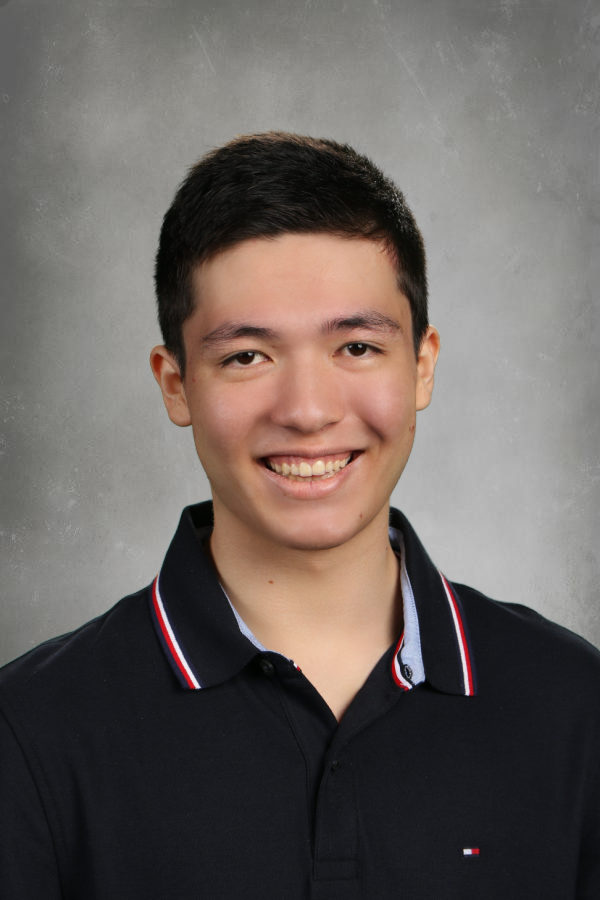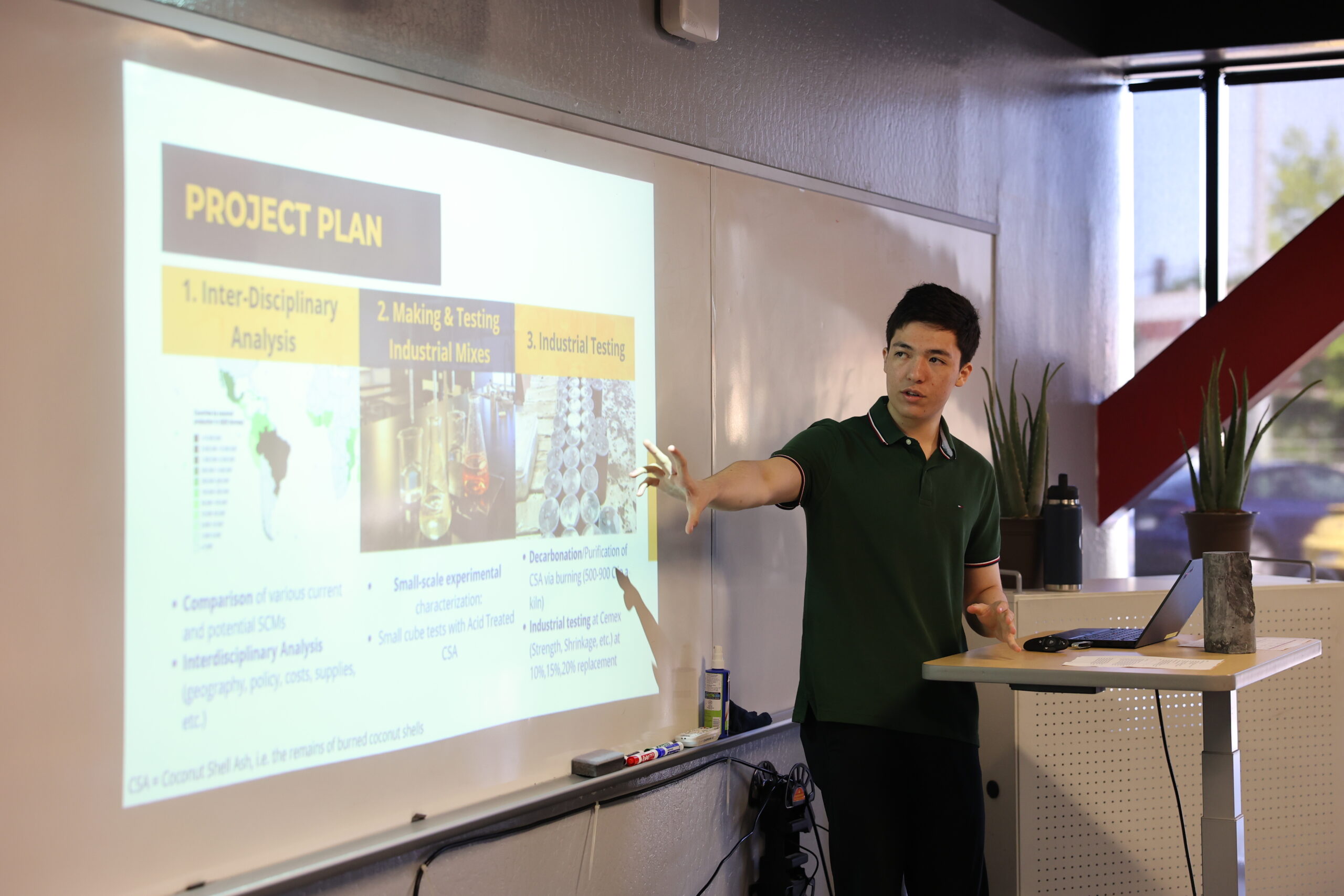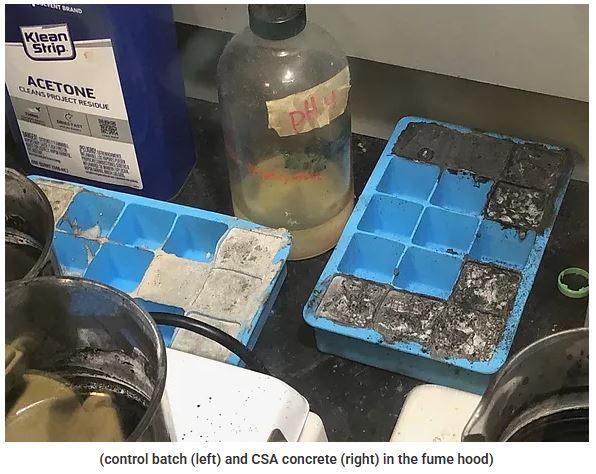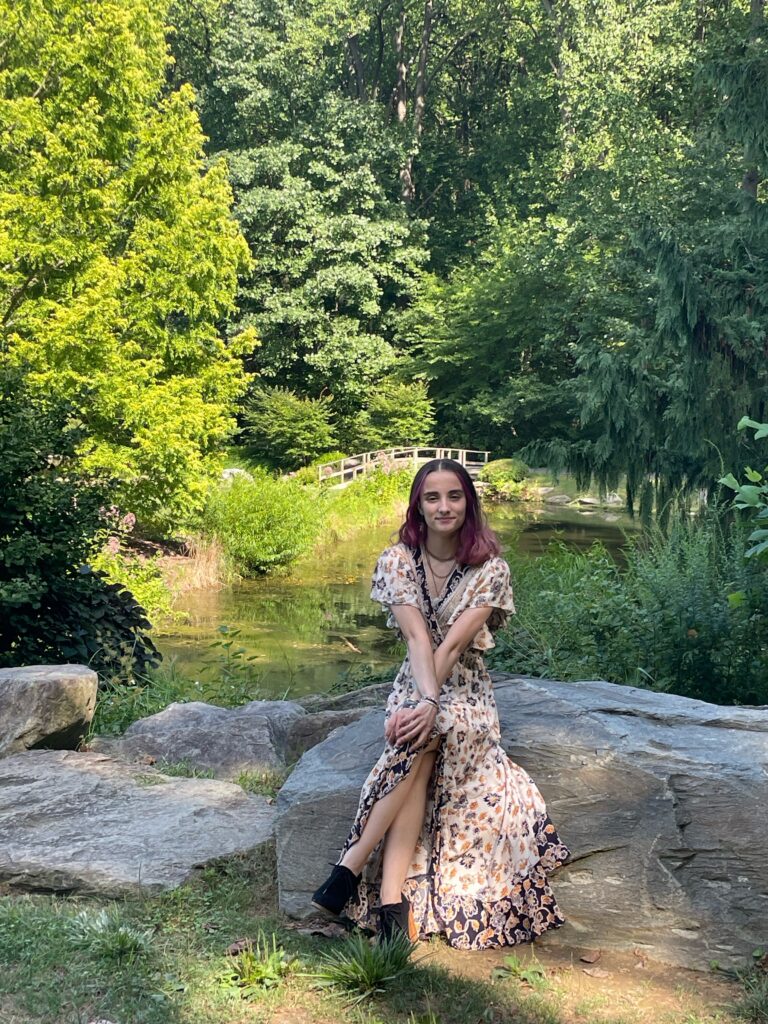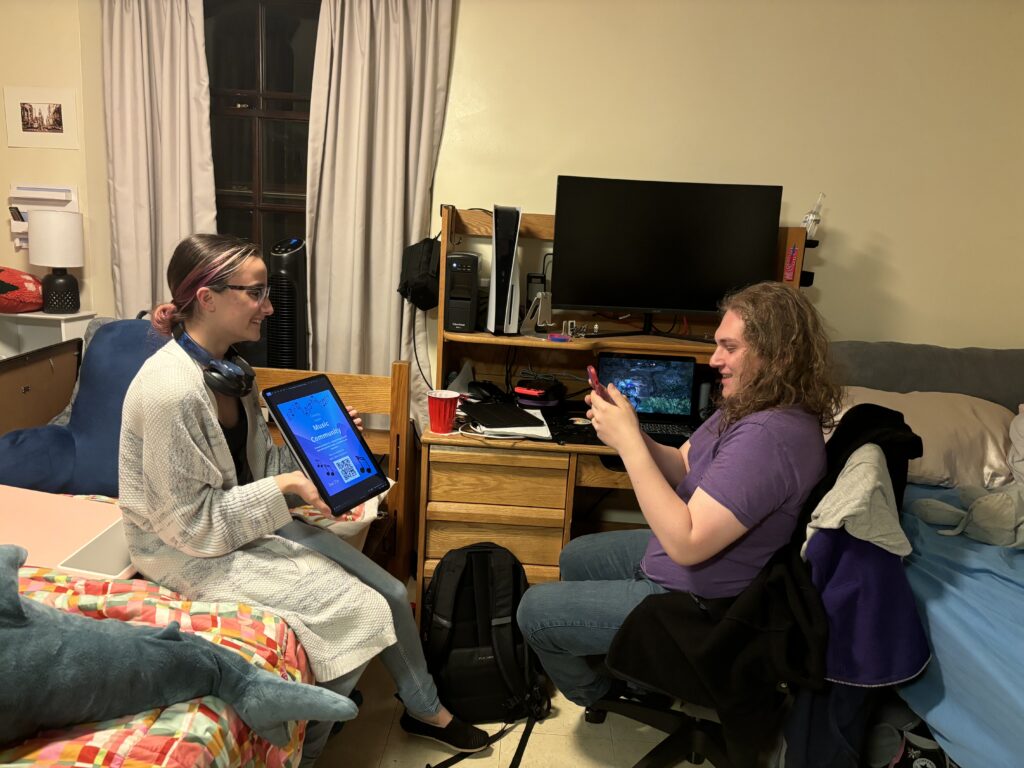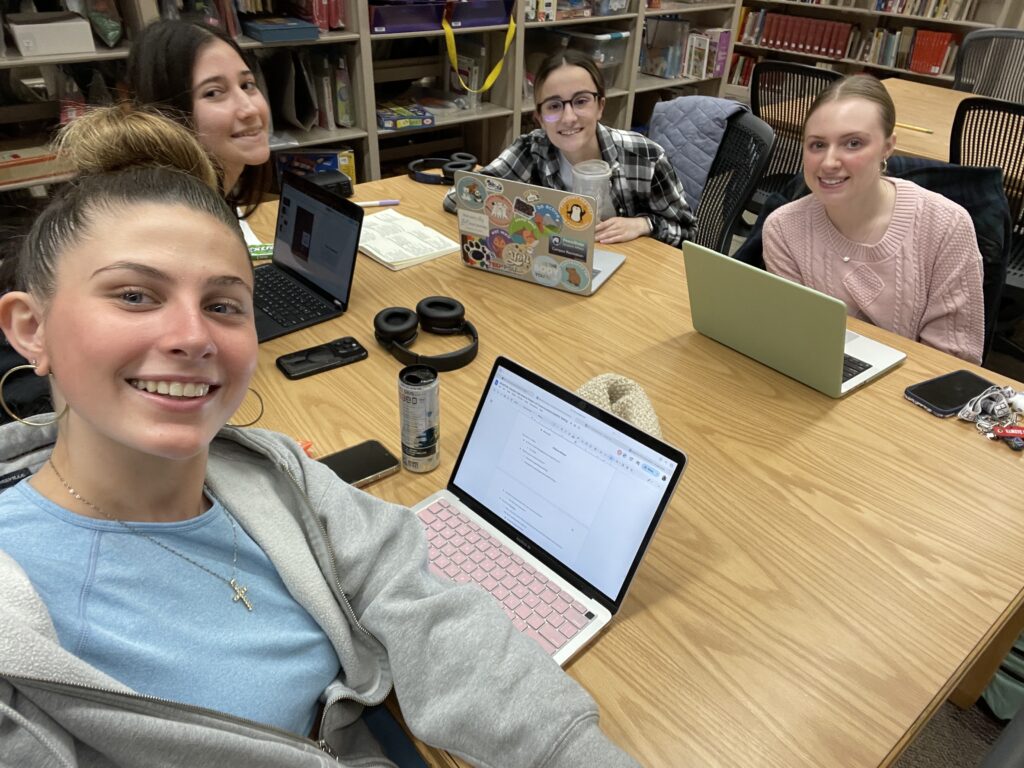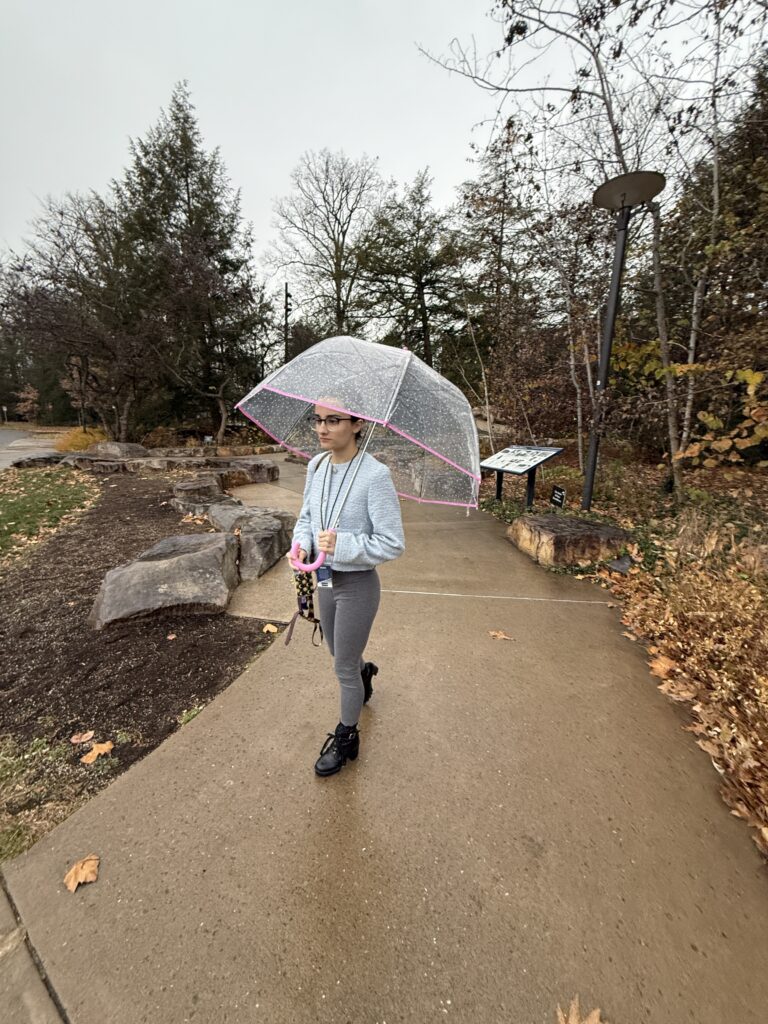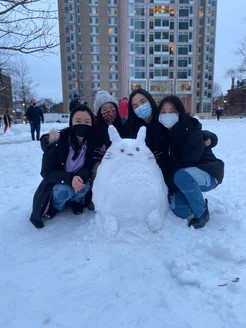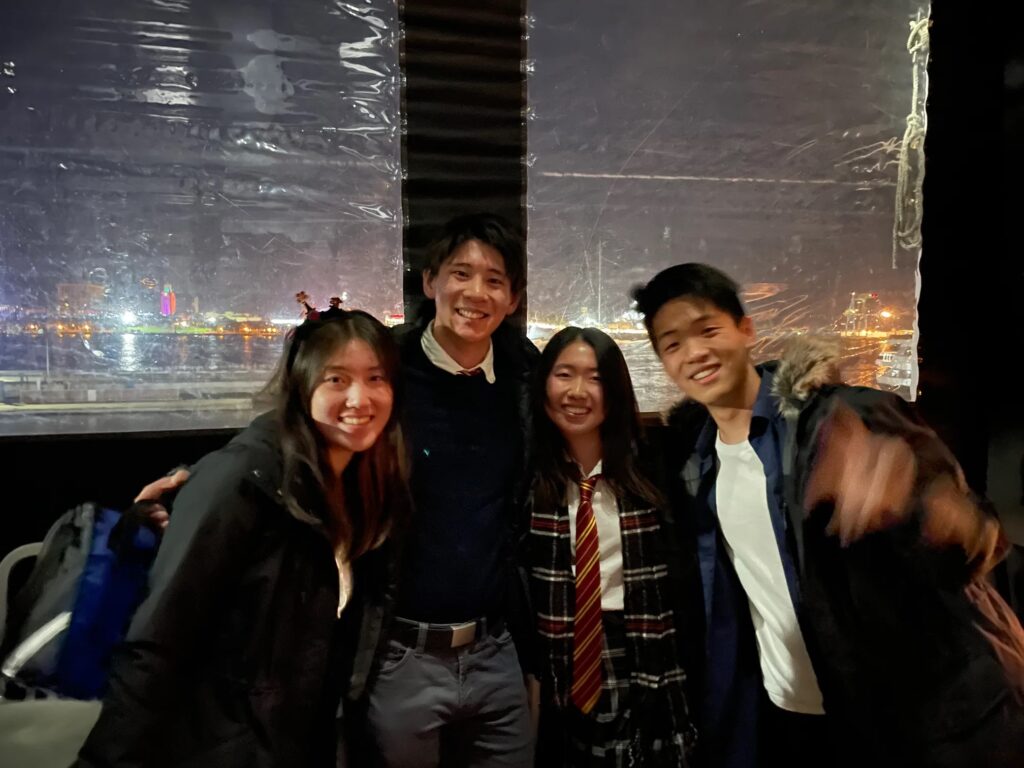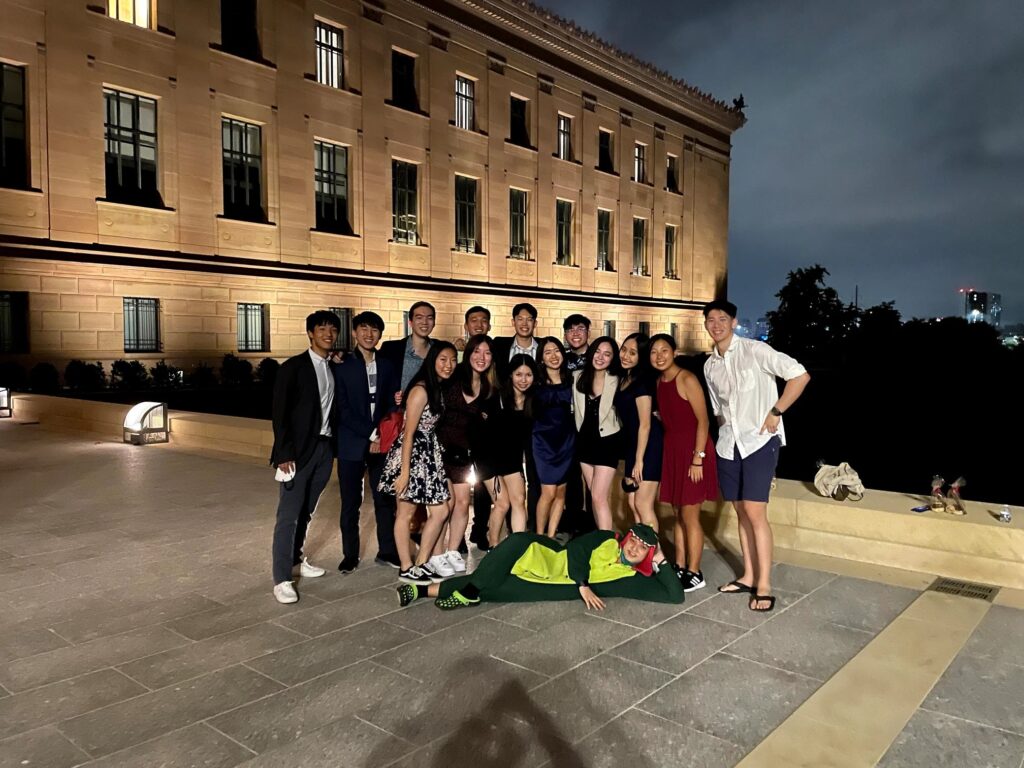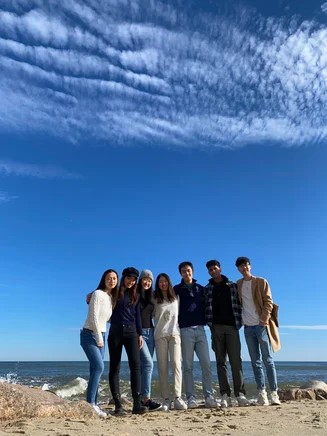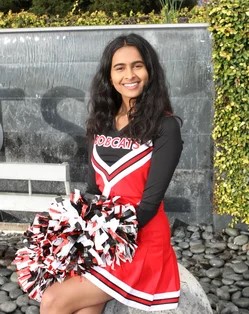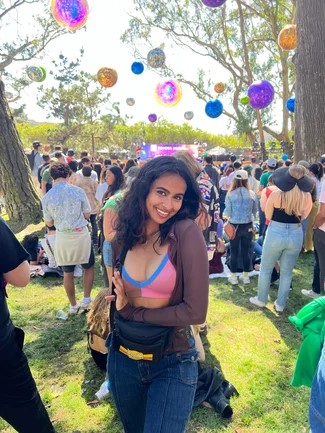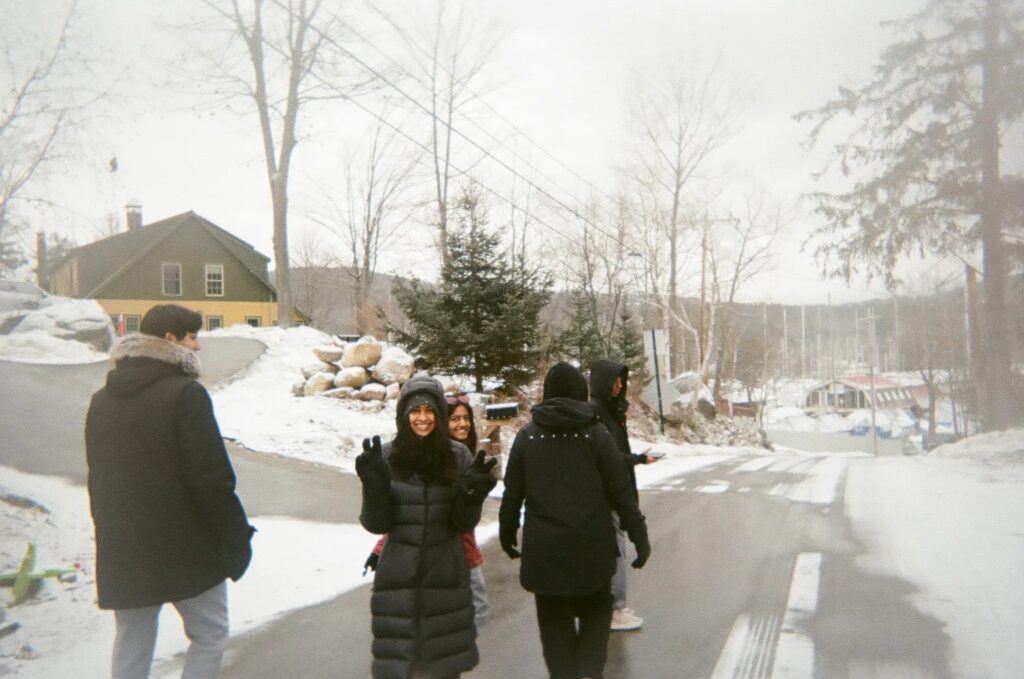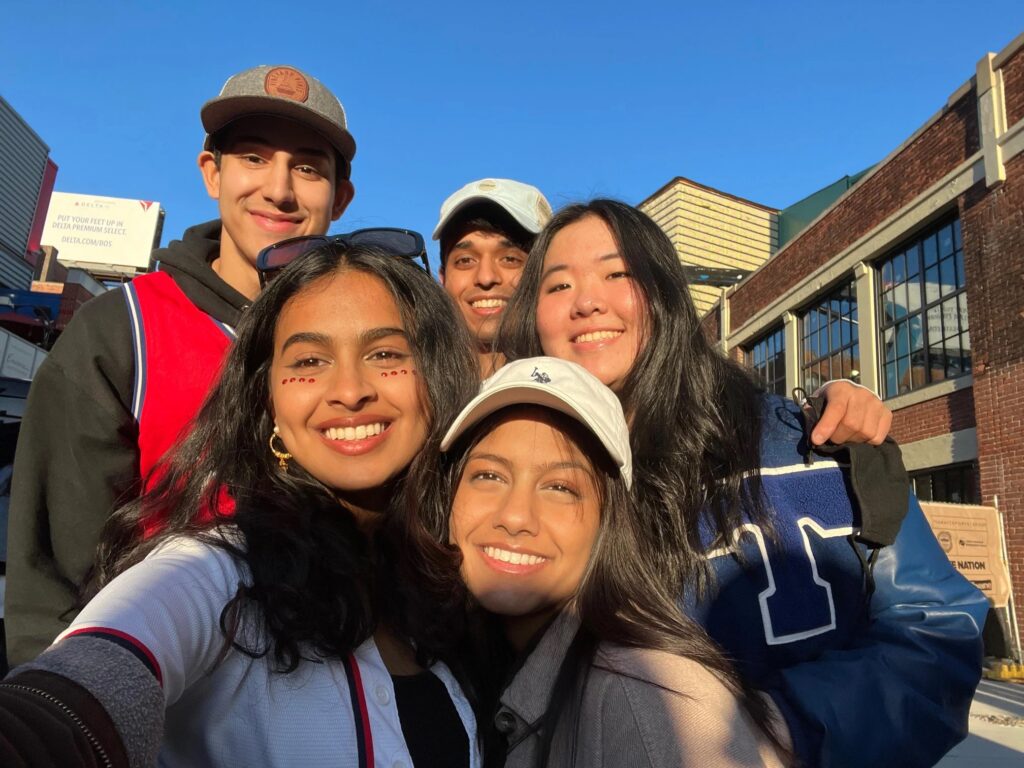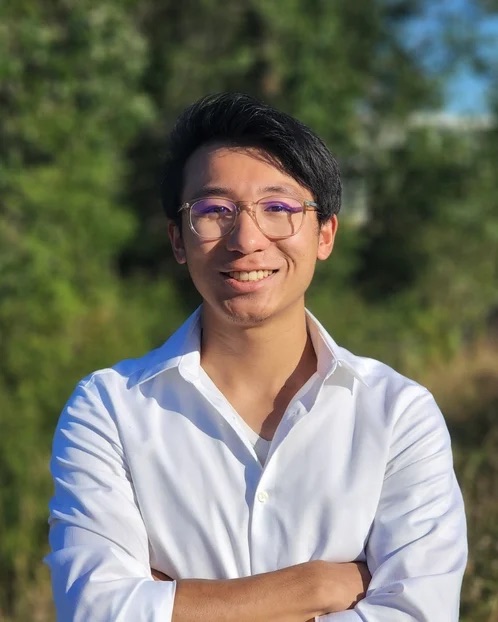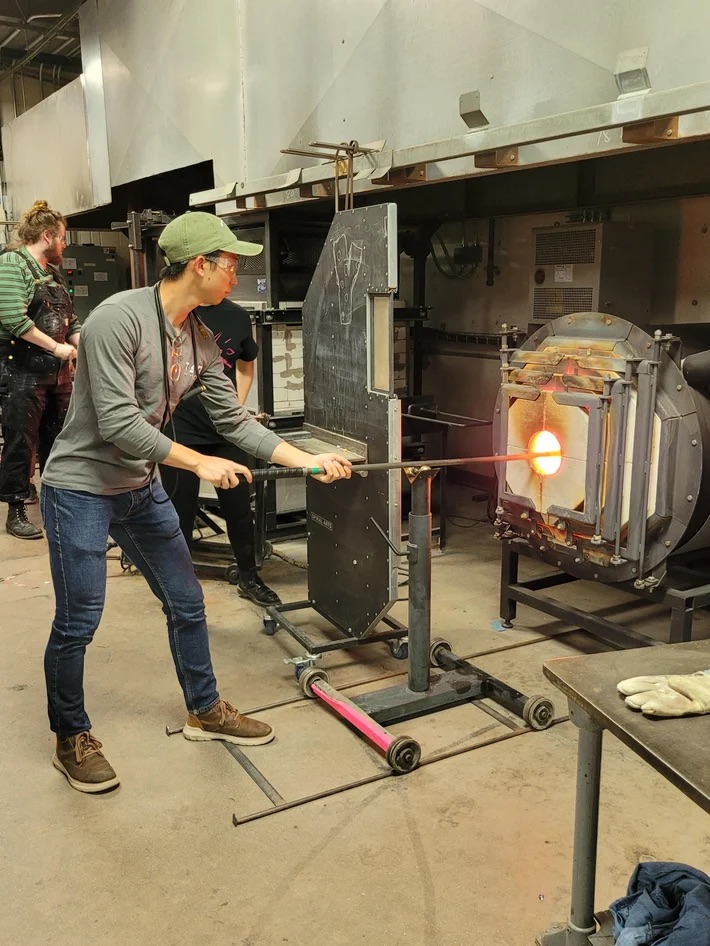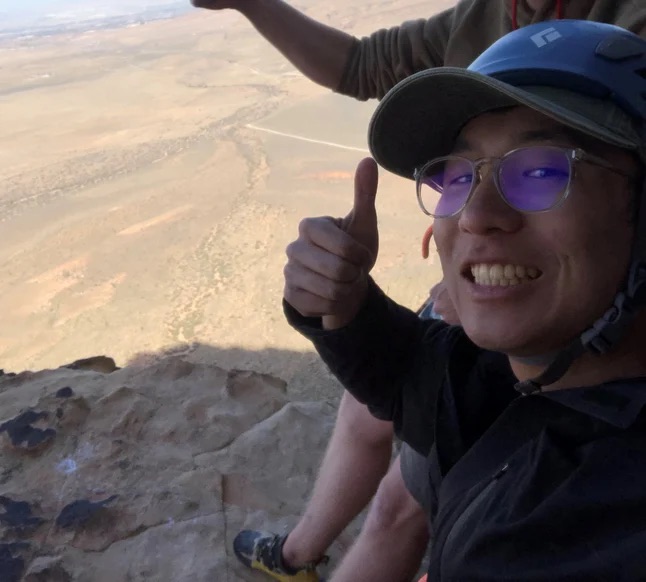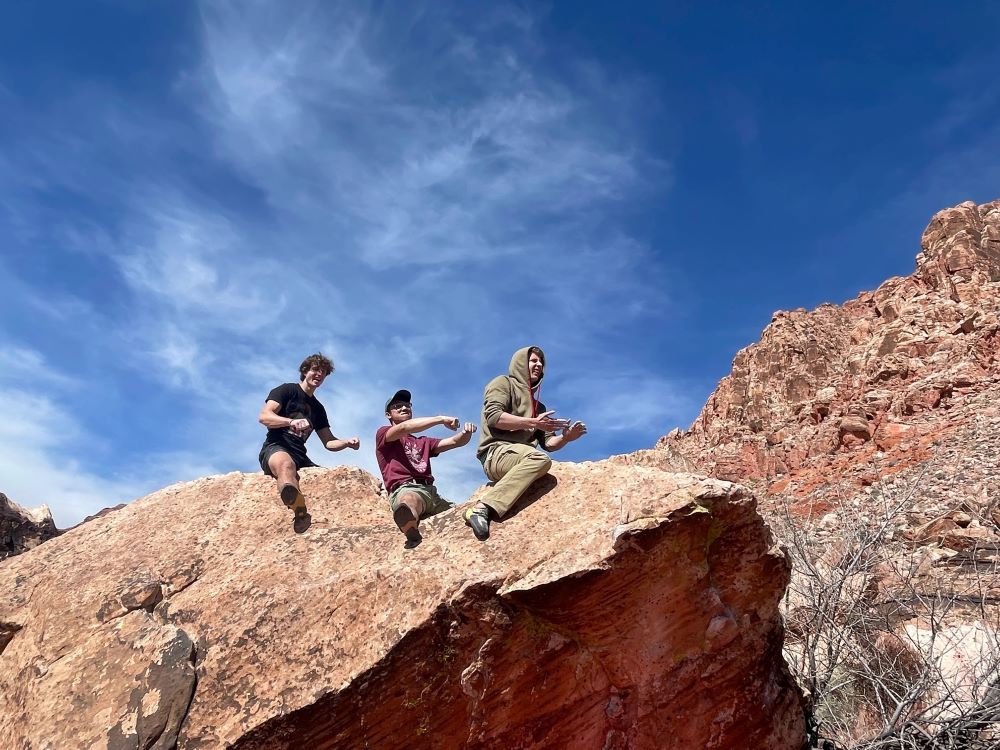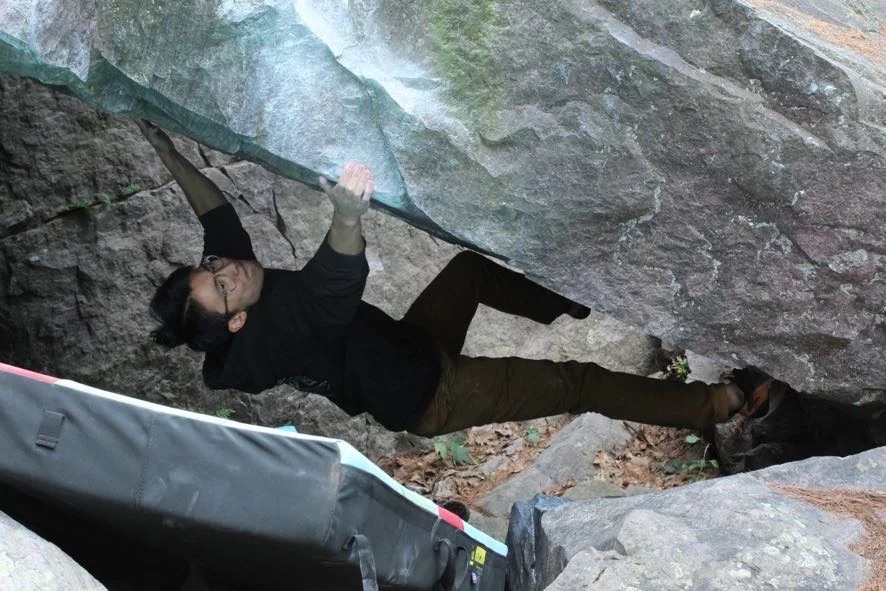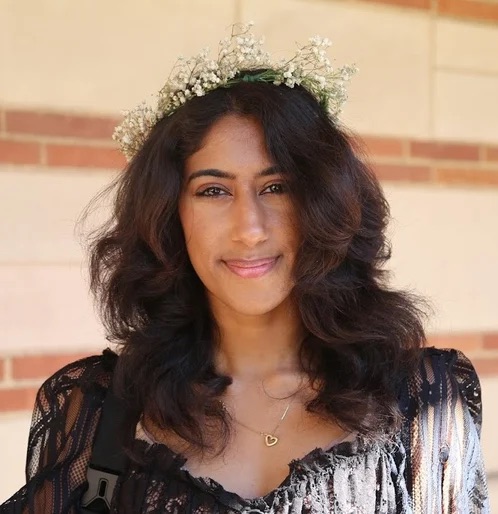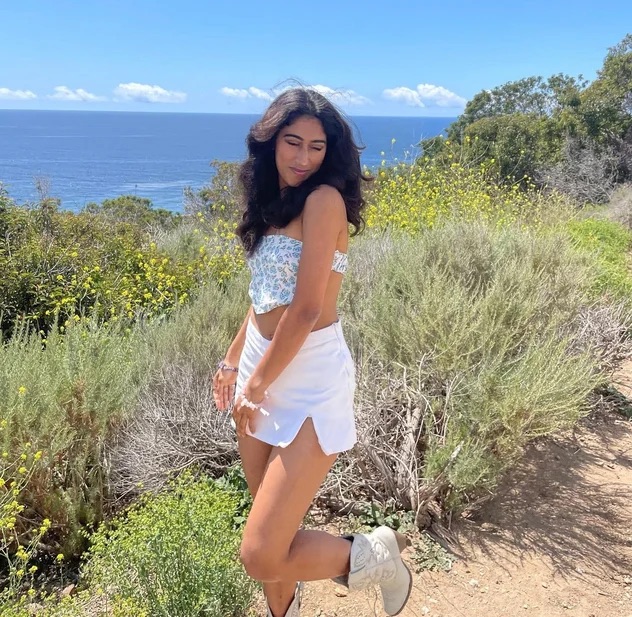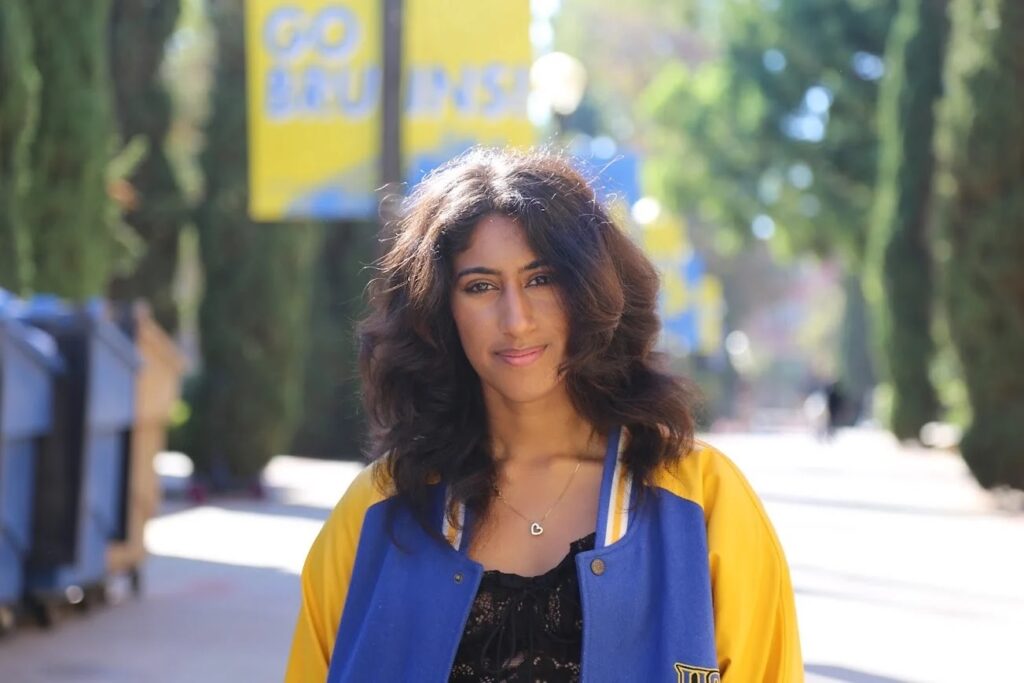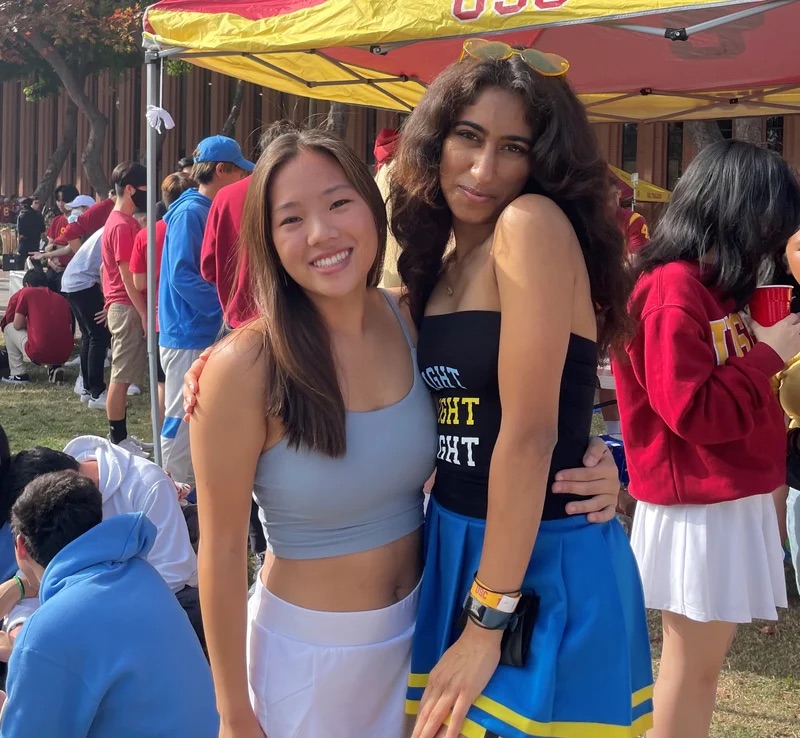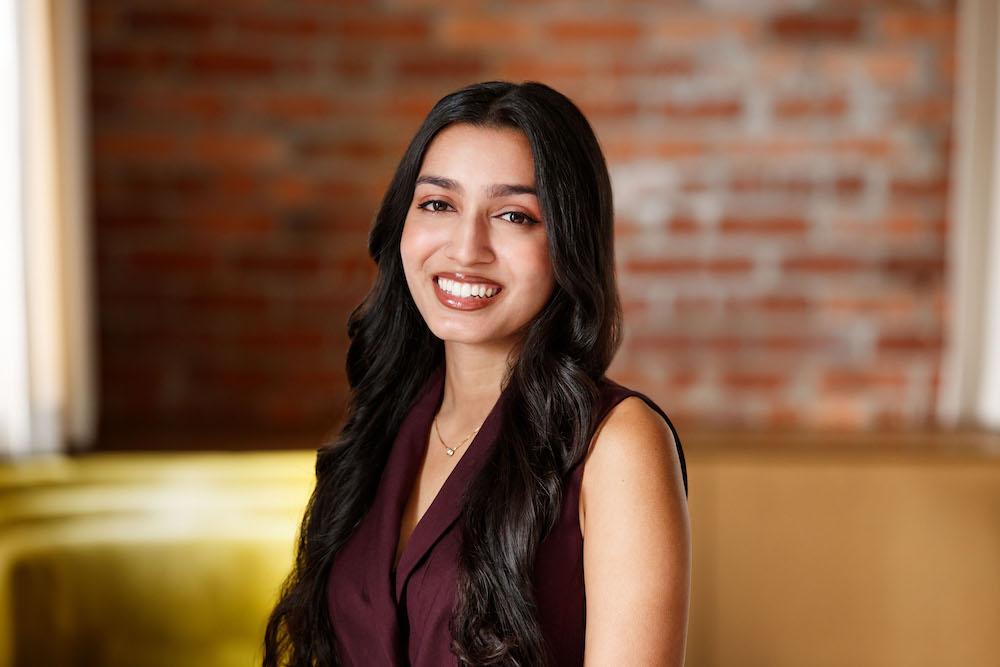
At BASIS Independent Silicon Valley, we take great pride in seeing our alumni go on to thrive at top universities and in their chosen careers. One shining example is Shreya Shekhar, a BISV alumna who has already made her mark as a partner at Greylock Partners, one of the world’s leading venture capital firms.
Recently, Shreya was featured in Berkeley Haas News, where she shared her journey from an AI-obsessed high school student to a leader investing in the next generation of artificial intelligence startups. In the article, Shreya reflects on how her curiosity about AI began right here at BISV, where she read Superintelligence by Nick Bostrom in her AP Lang class and explored the bigger questions about technology, humanity, and the future.
Her story highlights what makes the BISV experience unique: our students are challenged to think critically, explore bold ideas, and pursue passions that will shape their future long before they step foot on a college campus. Shreya’s path—earning dual degrees in electrical engineering & computer science and business at UC Berkeley, founding startups, and now guiding entrepreneurs as a VC partner—demonstrates the confidence, intellectual curiosity, and drive that BISV strives to nurture in every student.
We are proud to see Shreya carrying forward the spirit of BISV into her work at Berkeley and beyond. Her journey is a testament to the foundation our school provides in preparing students not just for college, but for leadership and innovation in the real world.
Read the full Berkeley Haas News feature on Shreya’s story here: Berkeley Haas News – Shreya Shekhar
BASIS Independent Silicon Valley is a TK – Grade 12 private school, providing students with an internationally benchmarked liberal arts and sciences curriculum, with advanced STEM offerings. Considering joining the Bobcat community? To join our interest list for the next school year and receive admissions updates and more, please click here.
